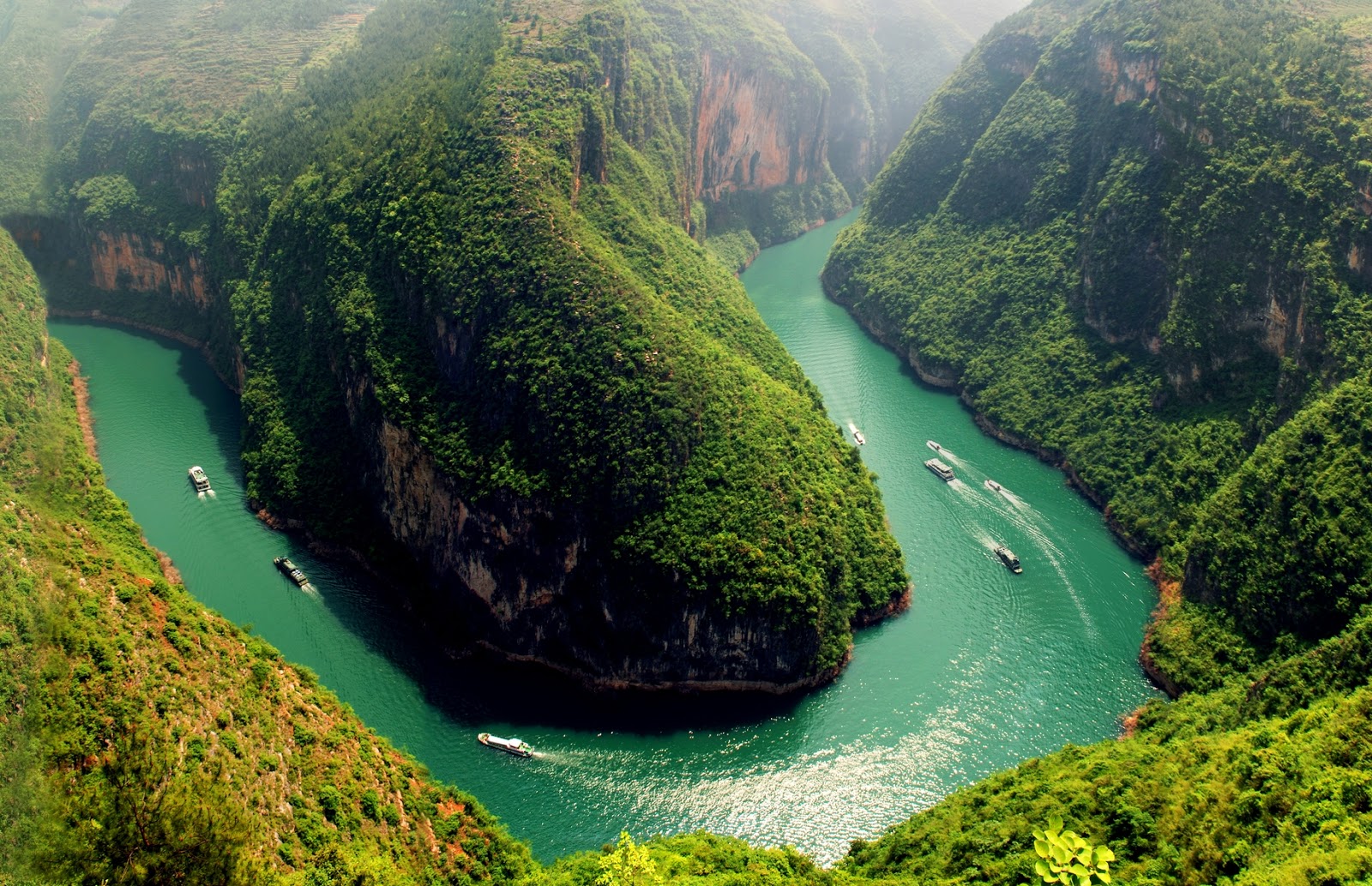The quest for the longest river in the world has intrigued geographers and adventurers alike for centuries. While many may immediately think of the Nile, the Amazon River has recently gained recognition for its impressive length. Understanding what defines a river's length and its geographical significance can give us a deeper appreciation of these mighty waterways.
Rivers play a crucial role in the ecosystem, economy, and culture of the regions they traverse. This article seeks to explore the longest river in the world, examining its defining characteristics, geographical location, and the various factors that contribute to its classification. By the end of this article, you will not only learn about the longest river but also understand the broader implications of such natural wonders.
Join us as we dive into the fascinating world of rivers, exploring the lengths, histories, and the ecosystems they support. Whether you are a student, a traveler, or simply an enthusiast of nature, this comprehensive guide will provide valuable insights into one of the most significant features of our planet.
Table of Contents
- Definition of a River
- Criteria for Measuring River Length
- The Nile River: Historical Perspective
- The Amazon River: A Contender
- The Length Controversy
- Importance of Rivers
- Conservation Efforts
- Conclusion
Definition of a River
A river is defined as a natural flowing watercourse, typically freshwater, flowing towards an ocean, sea, lake, or another river. Rivers are an essential part of the water cycle, contributing to the ecological balance and providing habitats for aquatic life. They are formed through various processes, including precipitation, melting snow, and groundwater discharge.
Criteria for Measuring River Length
Measuring the length of a river can be complex, as it depends on various factors. The primary criteria for determining a river's length include:
- Source to Mouth: The most straightforward method is measuring from the river's source to its mouth.
- Meandering Paths: Rivers often meander, so the length may vary based on the path taken.
- Seasonal Changes: Rivers can change course due to environmental factors, affecting their length.
- Tributaries: Some measurements consider tributaries contributing to the river's flow.
The Nile River: Historical Perspective
The Nile River, traditionally considered the longest river in the world, flows through eleven countries in northeastern Africa. Its historical significance cannot be overstated, as it has been a lifeline for civilizations for thousands of years.
Nile River Biodata
| Characteristic | Details |
|---|---|
| Length | Approximately 6,650 kilometers (4,130 miles) |
| Source | White Nile (Lake Victoria) & Blue Nile (Lake Tana) |
| Mouth | Mediterranean Sea |
| Countries | Egypt, Sudan, Uganda, Kenya, Tanzania, Rwanda, Burundi, Ethiopia, Congo, South Sudan, and Somalia |
The Amazon River: A Contender
The Amazon River, primarily located in South America, has also been a strong contender for the title of the longest river in the world. Its vast basin and extensive tributary system make it one of the most significant rivers globally.
Amazon River Biodata
| Characteristic | Details |
|---|---|
| Length | Approximately 6,400 kilometers (3,976 miles) |
| Source | Andes Mountains |
| Mouth | Atlantic Ocean |
| Countries | Brazil, Peru, Colombia, Venezuela, Ecuador, Bolivia, Guyana, Suriname, and French Guiana |
The Length Controversy
The debate over which river holds the title of the longest is ongoing. Various studies and measurements have produced different results. Factors contributing to this controversy include:
- Different measurement techniques used by researchers.
- Disputes over the definition of a river's source.
- Changes in river paths due to natural and human-induced factors.
Importance of Rivers
Rivers are vital for various reasons, including:
- Providing water for drinking, irrigation, and industry.
- Supporting biodiversity and ecosystems.
- Facilitating transportation and trade.
- Offering recreational opportunities and tourism.
Conservation Efforts
As vital as rivers are, they face numerous threats, including pollution, damming, and climate change. Efforts to preserve these waterways include:
- Implementing sustainable water management practices.
- Restoring habitats and ecosystems.
- Raising public awareness about the importance of river conservation.
Conclusion
In conclusion, the debate over the longest river in the world centers around the Nile and the Amazon. Both rivers hold immense historical, ecological, and cultural significance. Understanding the complexities of river measurement and their importance can help foster a greater appreciation for these natural wonders. We encourage you to share your thoughts in the comments section, and don't forget to explore more about the fascinating world of rivers!
Thank you for reading! We hope you found this article informative and engaging, and we invite you to return for more insightful content.
Understanding Harry The Nazi: A Deep Dive Into His Life And Legacy
How To Hide Amazon Orders From Other Users
Stunning Women's Short Haircuts: A Comprehensive Guide To Back View Styles


